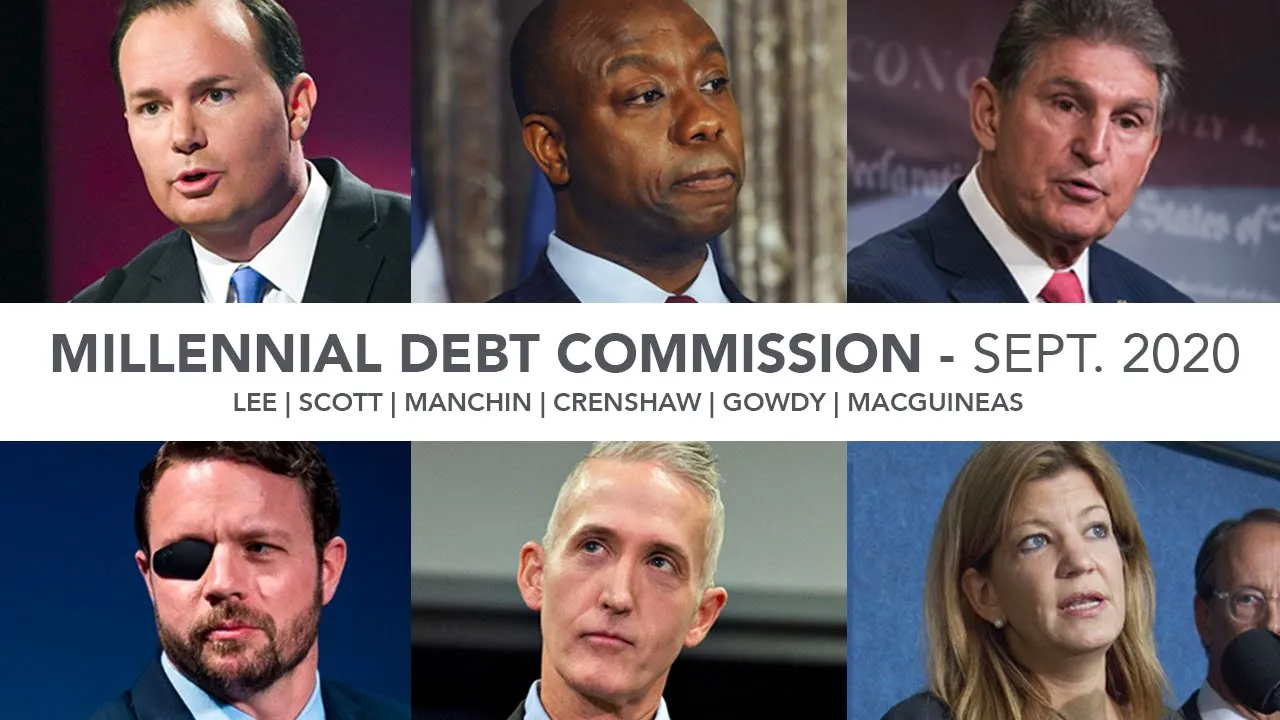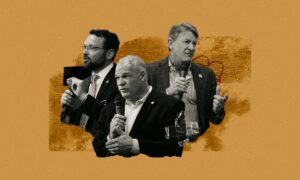CHATTANOOGA, Tenn. – The Millennial Debt Commission on Wednesday, September 16th held its first public meeting and discussed America’s debt crisis with U.S. Representative Dan Crenshaw and Senators Mike Lee, Joe Manchin, and Tim Scott, as well as leading fiscal policy experts. Key excerpts of the commission meeting follow. The full meeting can be watched in its entirety below.

Introducing: The Debt Bomb Series
On March 5, 2024, the Millennial Debt Foundation gathered with policy experts, Hill staff, and current and former lawmakers to


